At Convergence Instruments, we offer vibration meters tailored to meet your exact measurement needs. Whether monitoring ground borne vibrations, measuring shocks, or inclinations, our products deliver exceptional accuracy and reliability. Explore our advanced vibration meters, featuring WiFi connectivity, data logging, and high-sensitivity MEMS accelerometers, to enhance your vibration measurement capabilities.
See our buyers guide below
Showing all 6 resultsSorted by price: high to low
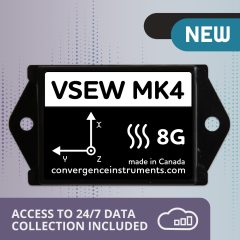
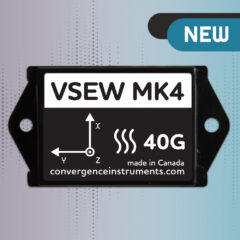
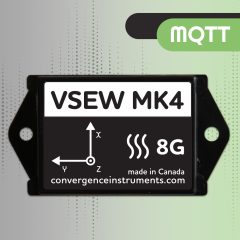
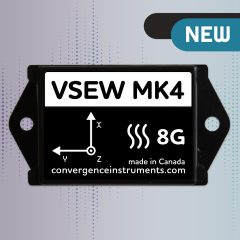
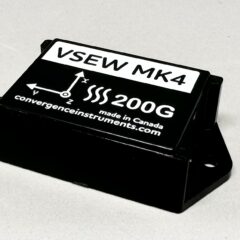

Choosing the right vibration meter depends on your specific requirements. Are you monitoring ground borne vibration, machine vibrations, or conducting scientific studies? Consider the range, accuracy, cost, datalogging, recording time, and additional features like weather-resistance or wireless connectivity. Our vibration meters offer various options to meet these diverse needs.
Vibration meters are vital tools in numerous fields. They ensure building integrity and occupants’ comfort limits are maintained during construction work. They monitor machine operation in industrial settings. They measure shocks during transport. They ensure low vibration levels are maintained when using sensitive microscopes. Additionally, MEMS accelerometers can be used as inclinometers. Our products excel in these diverse applications.
Modern vibration meters come with advanced features. Look for models with selectable frequency weightings and adjustable filters for precise measurements tailored to different standards and applications. Some vibration meters can calculate velocity from the acceleration signal. These can be used to comply with standards that apply to velocity readings, such as DIN4150-2. Data logging capabilities enable continuous monitoring and recording of vibration levels over time. Wireless and cloud connectivity, such as WiFi, add convenience for remote monitoring. Our meters include these features to enhance your noise measurement experience.
Vibration meters vary based on functionality and application. Basic models measure acceleration signals while advanced models provide averaged vibration levels, or peak levels over time. Data logging meters store measurements and signals for later analysis. We offer various models to suit your specific measurement needs.
Understanding your specific needs is key to choosing the right vibration meter. The first parameters affecting the choice are the dynamic range and noise. Our models go from a low dynamic range of +-8g for sensitive applications such as ground-borne vibrations and compliance to standards such as DIN4150-2 or ISO2631-2, to a high dynamic range of +-200g, for applications such as impact and shock measurements. For short-term and manual operation, an instrument such as VSE_mk2-8g can record signals or levels in its internal memory and be uploaded manually over USB. For operations spanning multiple months, and to avoid having to dispatch personnel to the location(s), choose a WiFi-enabled instrument with cloud subscription. For OEMs and developers wanting to integrate the instrument to their own system all instruments in the mk4 series include a COM port interface by which the user can control the instrument and upload measurements. If you need an open wireless protocol to integrate the instrument to your own cloud service, choose the MQTT option.
Convergence Instruments 2024 © All Rights Reserved | Privacy Policy and User Agreement | Terms and Conditions | Limited Warranty